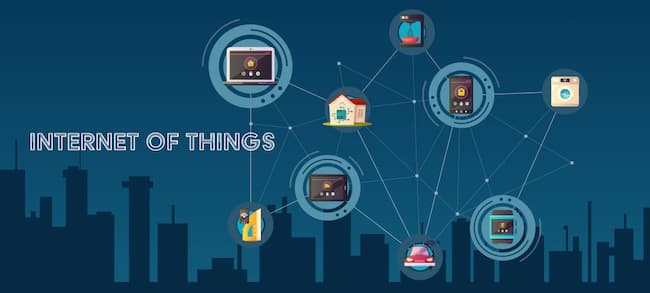The pandemic disrupted lives and livelihoods and has also changed the way humans interact with other humans and their surroundings, spotlighting the importance of tech and its importance to businesses and its value in providing seamless interfacing with customers.
Businesses, both big and small, have adapted to the COVID-19 era where digitalisation has become the order of the day, further popularising the term ‘the new normal’.
In view of the upsetting of the status quo by the pandemic, here are 7 tech trends that will make waves in 2021.
Remote Work
This has been around for a while but has not been viewed as the go-to system by most companies because employers would rather have employees physically present at the office. But with the emergence of the pandemic and restrictions in movement ordered by governments, companies have directed employees to work from home, realising the benefits with regards to the cutting of costs.
Communication tech company Zoom saw a boost in users in the past year. Companies held meetings online using this communication channel, ensuring that scheduled weekly meetings are not missed. There is no indication that companies will not fully embrace the convenience the platform provides.
5G Adoption
The introduction of 5G came with its conspiracy theories, hopefully, with those behind us, we can embrace the endless possibilities that this innovative technology has in store.
Who doesn’t want faster internet? That is what 5G promises. It promises to be the fastest internet service we will be witness, that is until another one comes and knocks it off the top of the chart.
READ ALSO: N1.3bn debt: AMCON Seizes Inducon Nigeria’s Property
Augmented Reality
Also known as AR, augmented reality is, according to Wikipedia, “an interactive experience of a real-world environment where the objects that reside in the real world are enhanced by computer-generated perceptual information, sometimes across multiple sensory modalities, including visual, auditory, haptic, somatosensory and olfactory.”
AR was big in the business world in 2020, and its use in the commercial space is yet to be fully explored.
With AR, we can reduce our face-to-face interactions, in a bid to curb the spread of the coronavirus disease, as the current period suggests.
Cloud for Data Storage
Businesses have started to see the use of embracing this technology to ensure that their data are stored in a safe place.
Popular could storage systems include Google Docs, Salesforce, Microsoft 365, among others, they are also known as Software as a Service or SaaS.
More and more SaaS services are developed to cater to the large pool of businesses in need of remote storage spaces.
READ ALSO: 8,665.8MW Power Generation Capacity Lies Idle
Artificial Intelligence
Also known as AI, artificial intelligence has been around for a while on the tech scene. It has continued to gain more and more attention, especially from business owners.
From voice assistants to personalised customer services, AI will help businesses maximise time and automate tasks that are traditionally done manually.
Cybersecurity
Many businesses are realising the need to protect their data from cyberattacks. According to Kaspersky, a top cybersecurity company, there have been cyberattacks on banks in sub-Saharan Africa.
Hopefully, businesses take security against cyberattackers very seriously in 2021. Businesses would need to create a standard blocking system that will keep them safe.
Contactless Delivery
E-commerce companies globally have found alternatives to getting orders delivered to customers without needing to do it in person.
In developed nations like the US, Big Companies like Uber Eats and Postmates made contactless deliveries, and there is no sign of that stopping anytime soon.
In China, Meituan, a delivery app, used autonomous vehicles to make deliveries of orders to customers.
Businesses will continue to see changes that will require them to adopt some tech models.
Change isn’t always easy, but the current global situation calls for adaptation that could become a more convenient option.













